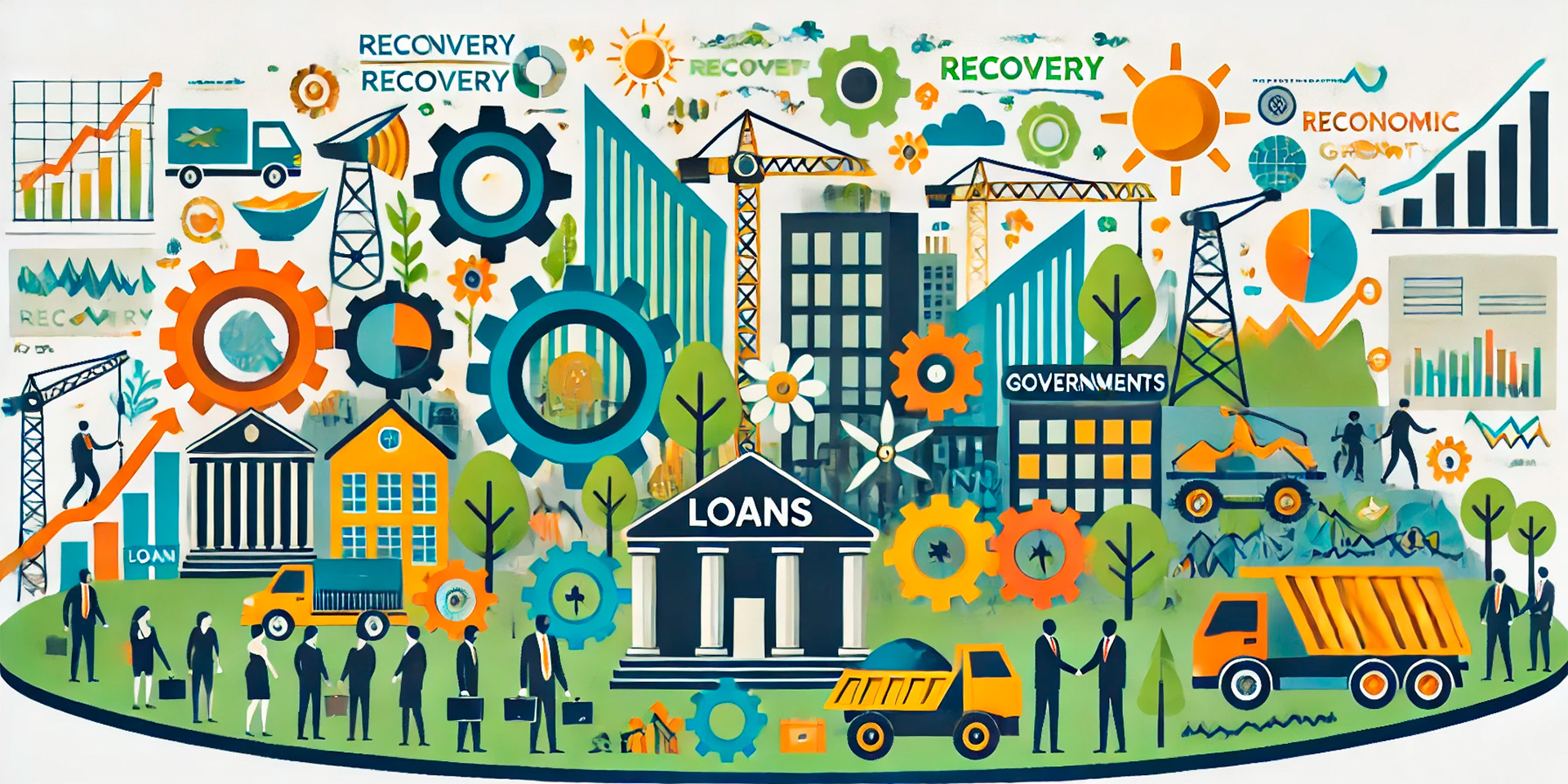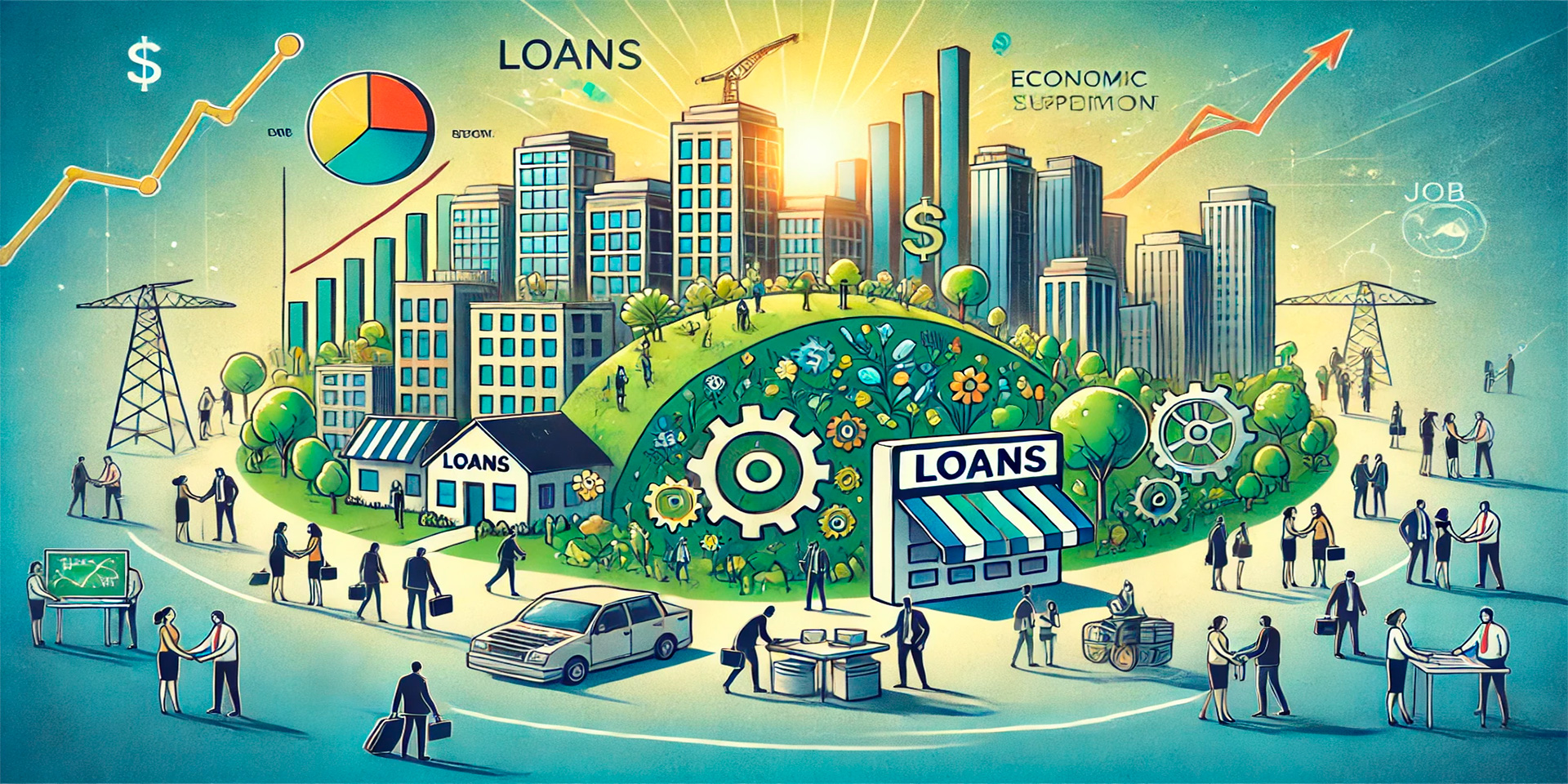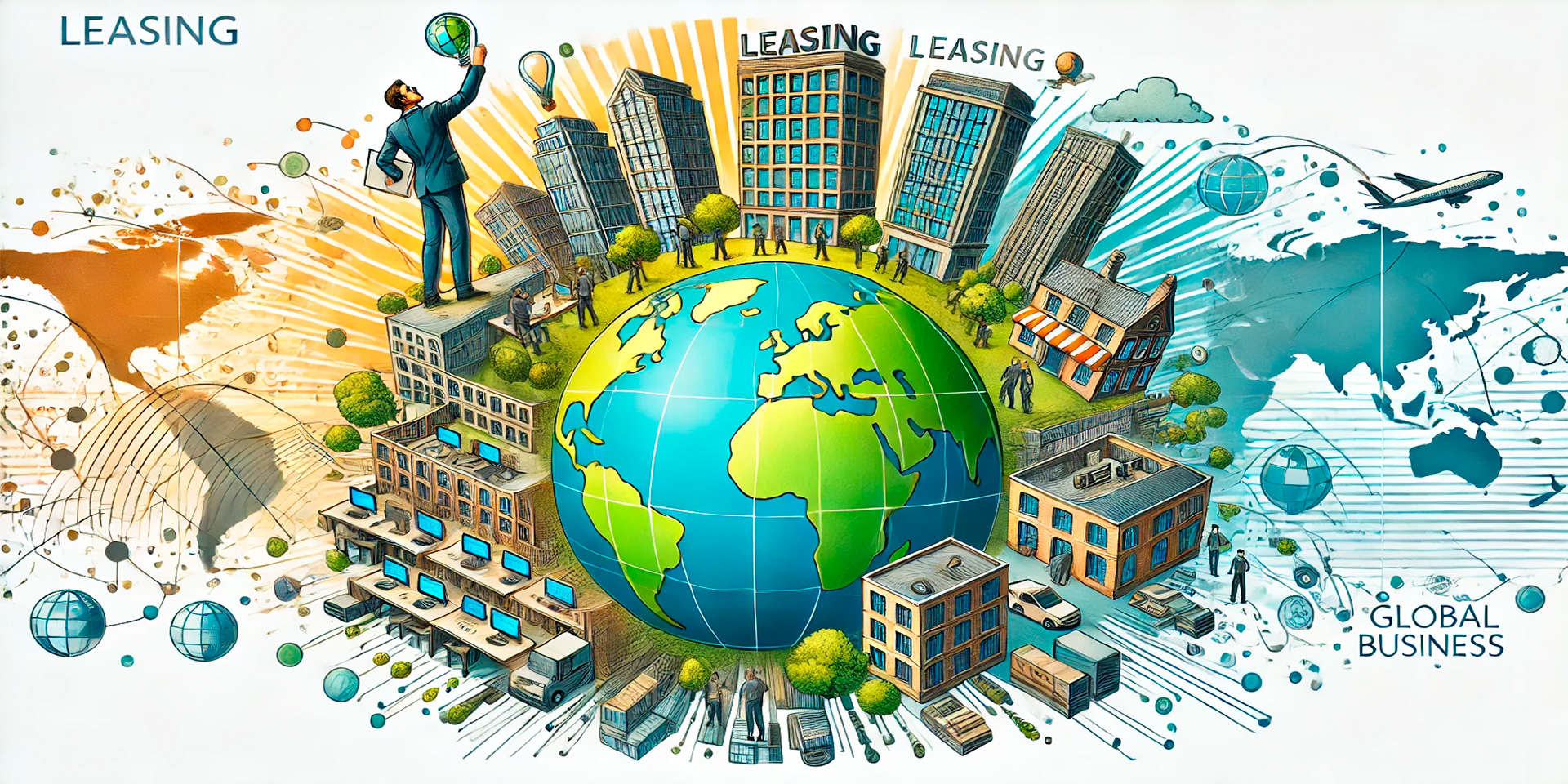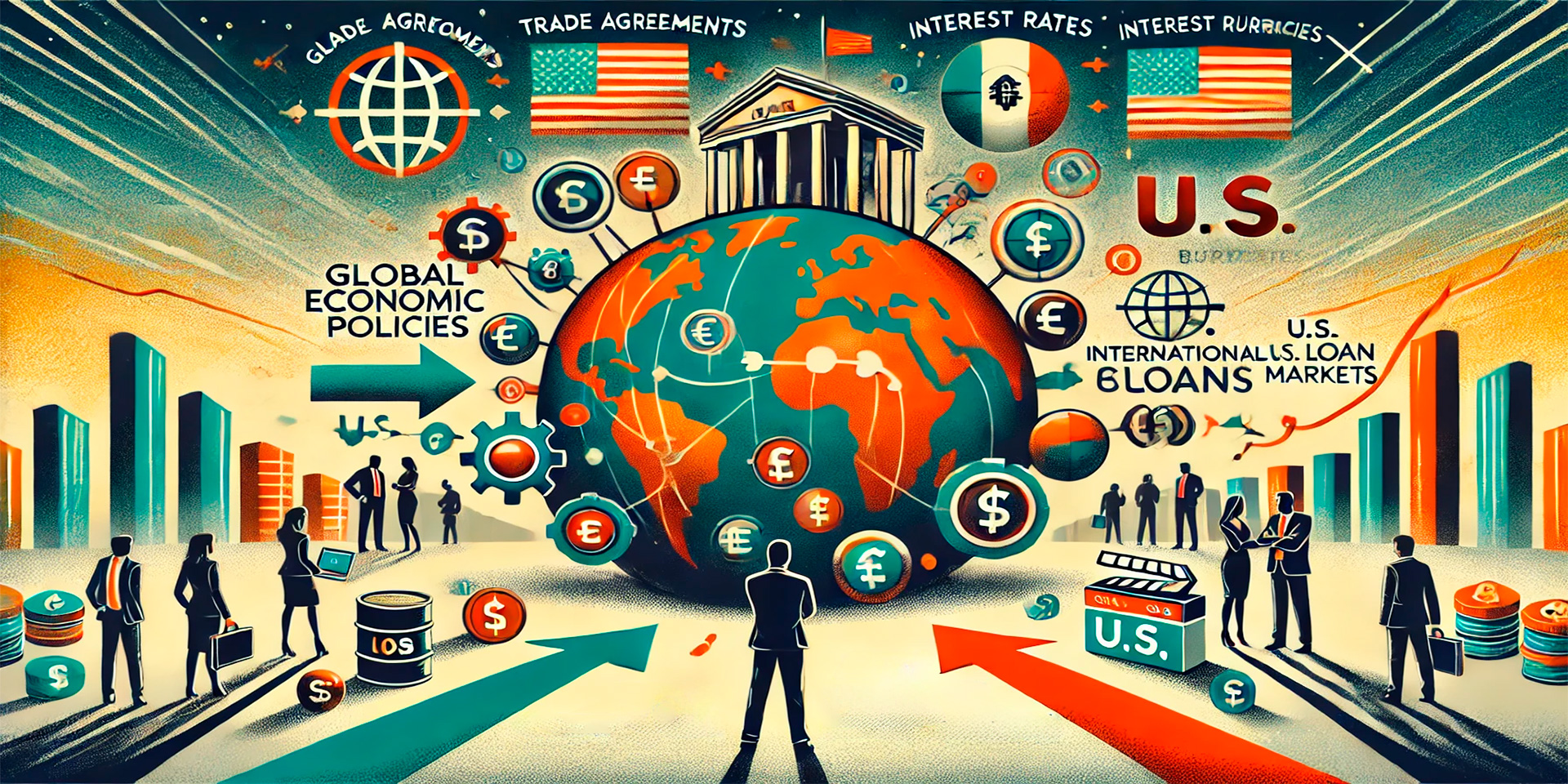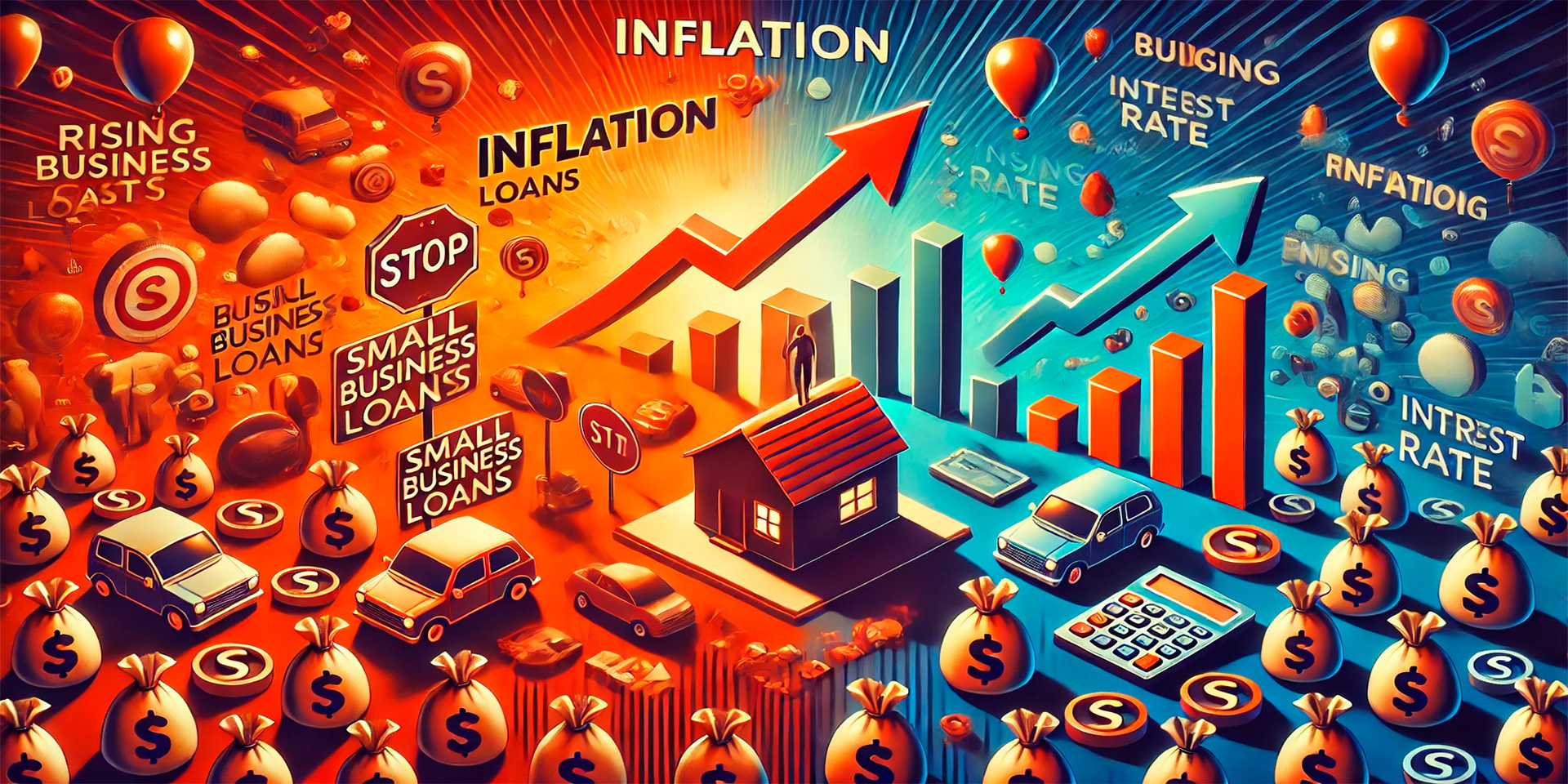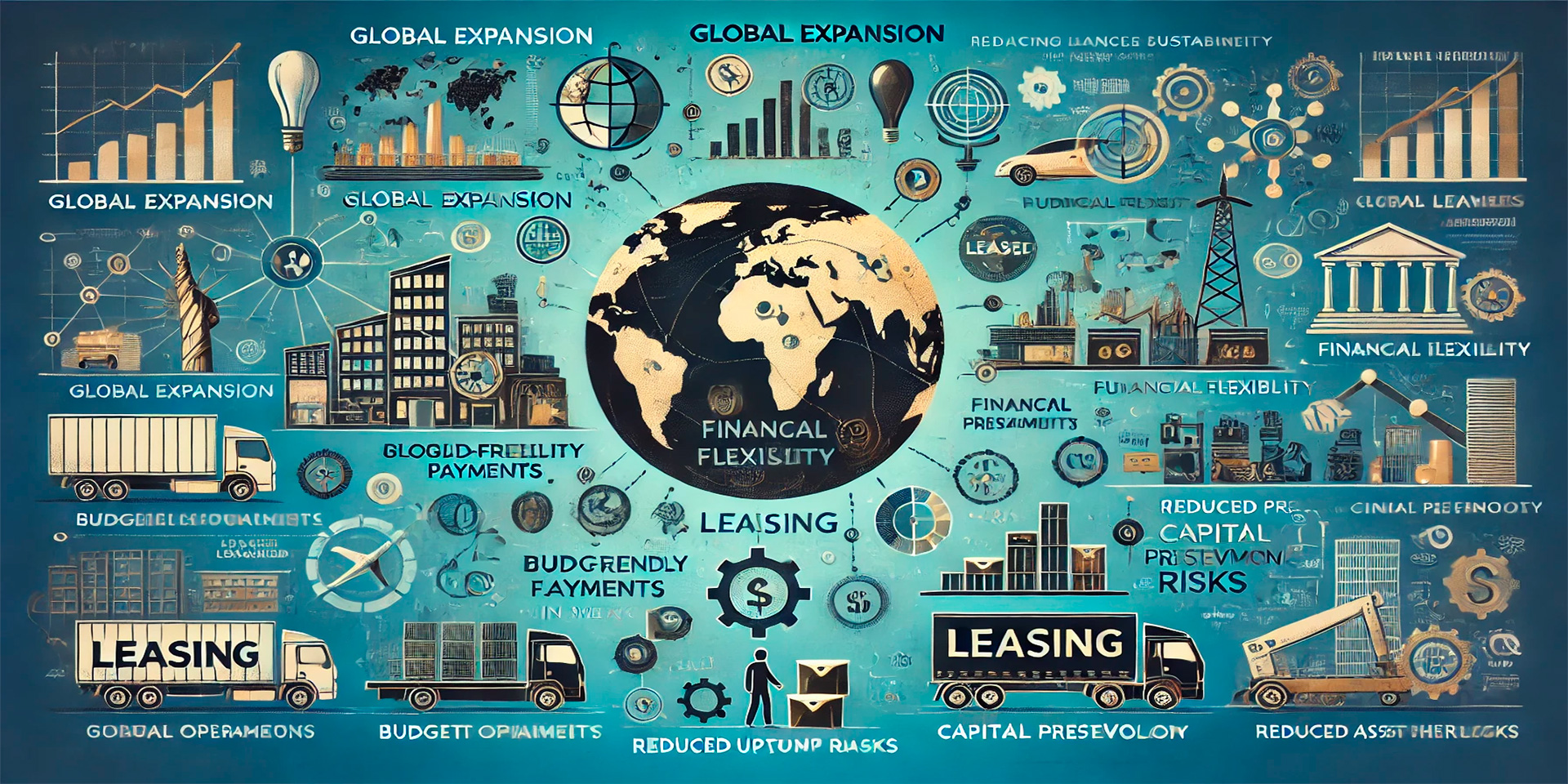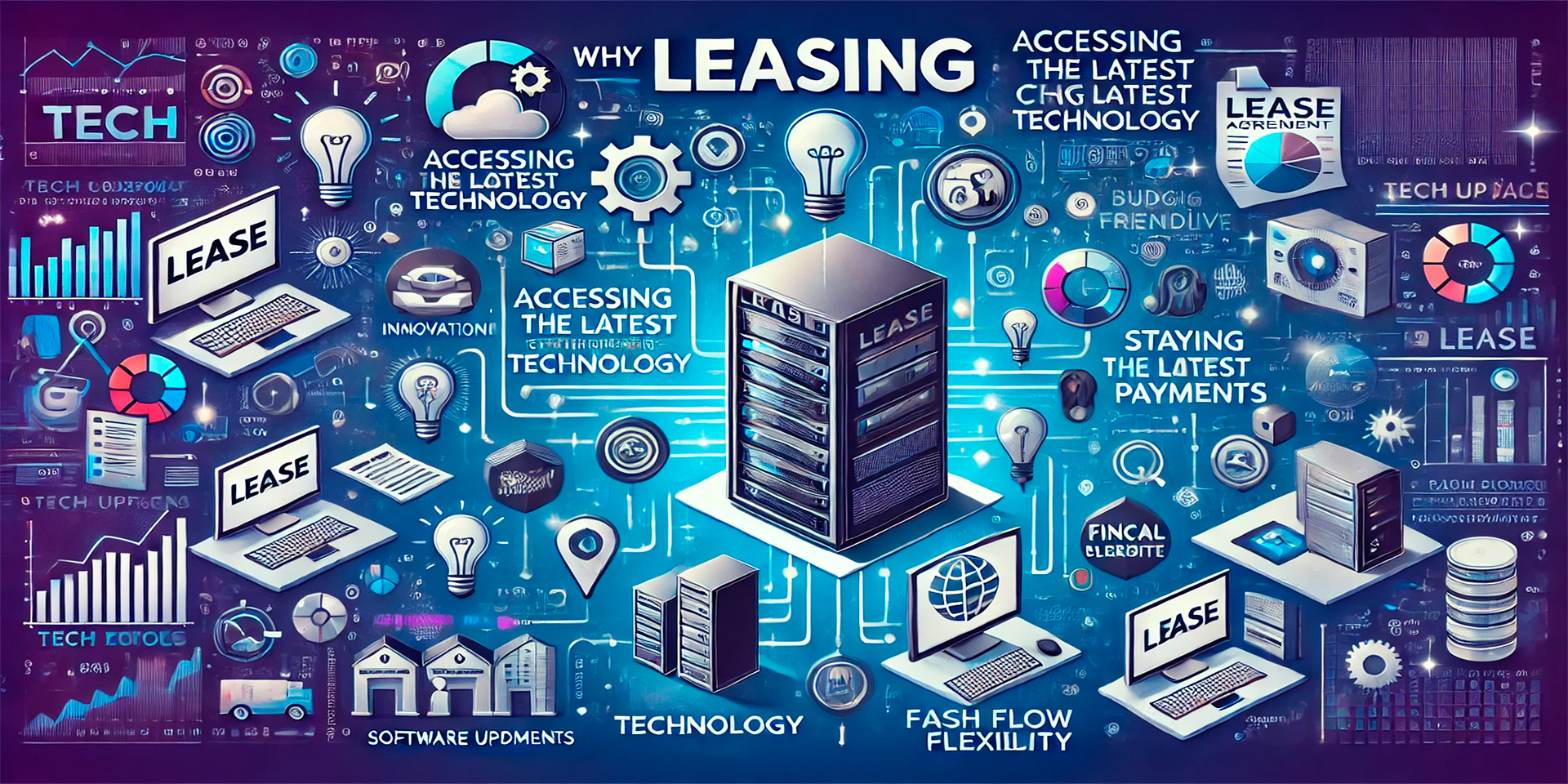-
The Benefits of Leasing Medical Equipment for Healthcare Providers
Leasing has become an increasingly popular option for healthcare providers looking to stay competitive and maintain access to the latest medical technologies. With the rapid pace of innovation in medical equipment, purchasing costly devices outright can strain a practice’s finances and quickly lead to outdated technology. Leasing offers a flexible solution, enabling healthcare providers to upgrade equipment as needed without significant upfront costs, ensuring they remain at the forefront of patient care.
-
The Role of Government Loans in Rebuilding Economies and Strengthening Industries
Government loans have become a vital component in the global effort to drive economic recovery after the disruptions caused by recent global events, including the COVID-19 pandemic. These loans are designed to provide financial support to struggling businesses, revitalize key industries, and stimulate growth in local economies. By offering targeted financial aid, government-backed loans ensure that industries have the necessary capital to rebuild and adapt to new market demands.
-
Rebuilding Economies Post-COVID: The Critical Role of Loans in Recovery and Growth
The COVID-19 pandemic caused unprecedented economic disruption worldwide, leading to business closures, job losses, and strained government budgets. As economies begin to recover, loans have become a critical tool in rebuilding and driving growth. Both governments and businesses are using loans to stimulate economic activity, fund recovery efforts, and invest in long-term development projects that will ensure sustainable growth in the years to come.
-
How Loans Drive Economic Growth: Empowering Businesses and Communities
Loans play a pivotal role in driving economic development, providing the financial resources needed for businesses to grow, innovate, and create jobs. By offering access to capital, loans help entrepreneurs launch new ventures, support businesses in expanding their operations, and enable governments to invest in infrastructure and community projects. Across industries and sectors, loans are a critical engine for economic growth, fostering stronger communities and more resilient economies.
-
Global Expansion Made Easy: How Leasing Drives Business Growth
Global expansion presents exciting growth opportunities for businesses, but it also comes with significant financial challenges. From acquiring new equipment to establishing international operations, businesses need flexible financing solutions to scale efficiently. Leasing offers a strategic approach for companies looking to expand globally without the heavy financial burden of purchasing assets outright.
-
How Global Economic Policies Shape U.S. Loan Markets: What Borrowers Need to Know
International economic policies have a significant influence on the U.S. loan market, affecting everything from interest rates to loan availability. Global decisions, such as trade agreements, monetary policies, and regulations from international bodies, can shape the environment in which American borrowers seek credit. As the global economy becomes more interconnected, shifts in international policies are increasingly affecting U.S. businesses and consumers.
-
How Inflation Affects Small Business Loans: Strategies to Navigate Rising Costs
Inflation directly impacts small businesses by increasing the cost of borrowing, making it more expensive to secure loans. As inflation rises, central banks often respond by raising interest rates to control economic growth, which in turn drives up the cost of loans. For small businesses, these higher borrowing costs can reduce access to affordable financing, limit cash flow, and make expansion more challenging.
-
How Global Market Trends Impact Business Loan Conditions
Loan terms are influenced by various factors, with international economic conditions playing a significant role in determining interest rates, repayment structures, and loan availability. Global economic shifts, such as changes in inflation, foreign exchange rates, and international trade policies, can lead to fluctuations in borrowing costs and affect the overall terms of business loans. For companies that operate on a global scale, understanding how these international factors influence loan terms is crucial for managing debt and financing growth effectively.
-
How Leasing Empowers Global Companies to Expand Efficiently
Global companies seeking to expand their operations often face the challenge of balancing growth with financial sustainability. Leasing provides a strategic solution, offering the flexibility to scale internationally without the heavy financial burdens of purchasing assets outright. By leasing equipment, vehicles, and real estate, global businesses can expand more quickly and efficiently, while maintaining financial stability and preserving capital for other essential investments.
-
Why Leasing is Essential for Tech Companies: Access the Latest Technology with Financial Flexibility
In the fast-paced world of technology, staying ahead of the curve is essential for success. Tech companies must continuously adopt new tools, software, and hardware to remain competitive and meet the evolving demands of the industry. One of the key strategies tech businesses use to keep up with rapid advancements is leasing equipment. By leveraging leasing, tech companies can access the latest technology without the substantial upfront costs of purchasing, enabling them to stay agile and innovate faster.



